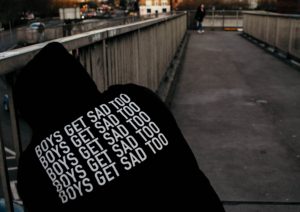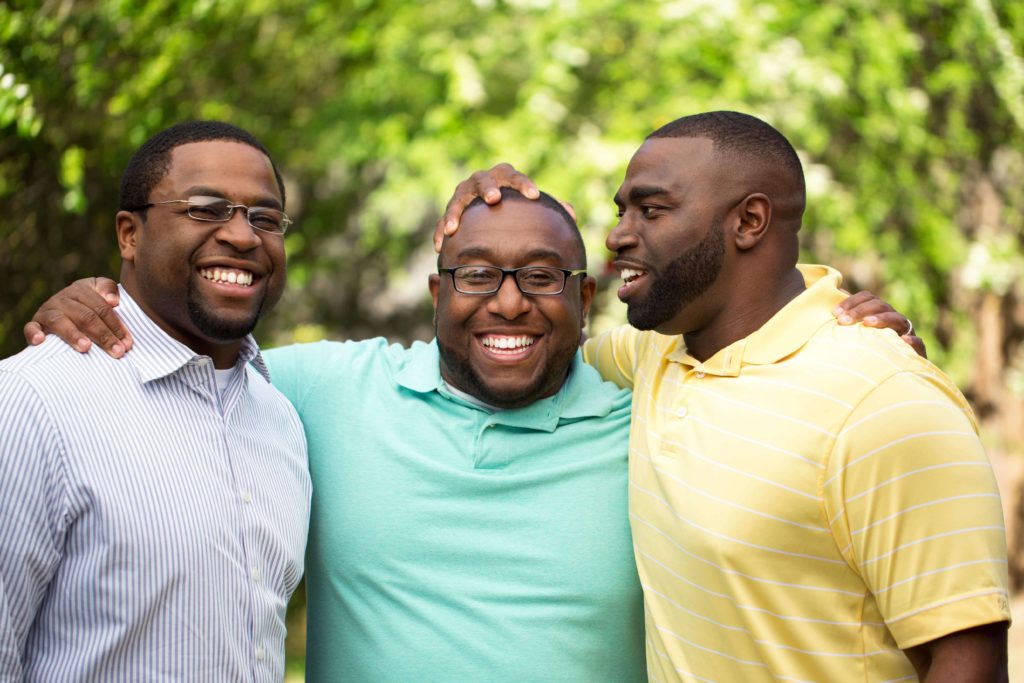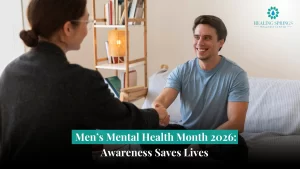
Does Holistic Therapy Really Help Anxiety? Here’s What You Should Know
Does holistic therapy for anxiety actually work? Explore the science behind meditation, nutrition, acupuncture, and natural treatments for lasting anxiety relief.
In fact, research shows that therapists miss depression in men 70% of the time because they are good at suppressing their feelings.
The video was perpetuating a toxic culture where emotions are not regarded as real masculinity. This is the consequence of a hyper masculine society where men are socialized to not show weakness, vulnerability or emotions.
To be tough and macho because that is the litmus test for how manly one is which is evident in the portrayal of manhood in media and literature.

This culture of stoicism is harmful not only to men but to everyone involved in the following ways;
Emotions are not gender specific. We all experience sadness, joy, grief, anger, frustration and fear. The difference is that men have been conditioned to bury or dismiss these emotions. We need to foster safe spaces for men now more than ever in this age where mental health issues are killing them faster than other illnesses.
Emotional wellness contributes to a much better quality of life. How can you, as a man, ensure that you get the most out of life by showing up for yourself emotionally?
It does not make you less of a man when you are cognizant of your feelings – both negative and positive. It becomes much easier to process them as they come because you’re not trying to brush them over. You can also channel your feelings through journaling to better understand them.
Self-awareness is the lighthouse of emotional expression because once you know your triggers and patterns, then you channel them better. Friendship with yourself also means not judging your unpleasant moods and thoughts and extending grace and kindness to yourself no matter how you feel.
It’s not easy to unlearn the toxic ideologies of masculinity imposed on you through upbringing but it’s certainly not impossible. You owe it to yourself to do better when you know better. When your emotional intelligence grows, your relationships will flourish and you will be part of the change we need in this world – for generations after you.
Join or form a group of men whose aim is to create safe spaces for each other. Fellowship goes a long way in wellness because you know that you are not alone in this. Normalize being the person people can open up-to and encourage it; it’s so wonderful when we can borrow each other’s wings and fires.
The safety of expression is found in therapy where you are allowed to feel and just be. Our aim is to guide you through your journey by helping you unpack emotional baggage so that you can live your best life. Your vulnerability is strength in therapy and it is highly encouraged because it aids your healing. Our lines are always open for a 15-minute consultation.


Does holistic therapy for anxiety actually work? Explore the science behind meditation, nutrition, acupuncture, and natural treatments for lasting anxiety relief.

Men’s Mental Health Month raises awareness about rising suicide rates, depression, and stigma. Learn why June 2026 is critical for supporting men’s mental health.

Explore red light therapy benefits for anti-aging, pain relief, muscle recovery, healing, and skin rejuvenation backed by science.

Learn the meanings, uses, and healing power of Reiki symbols, how they work, and why they enhance energy healing practices.